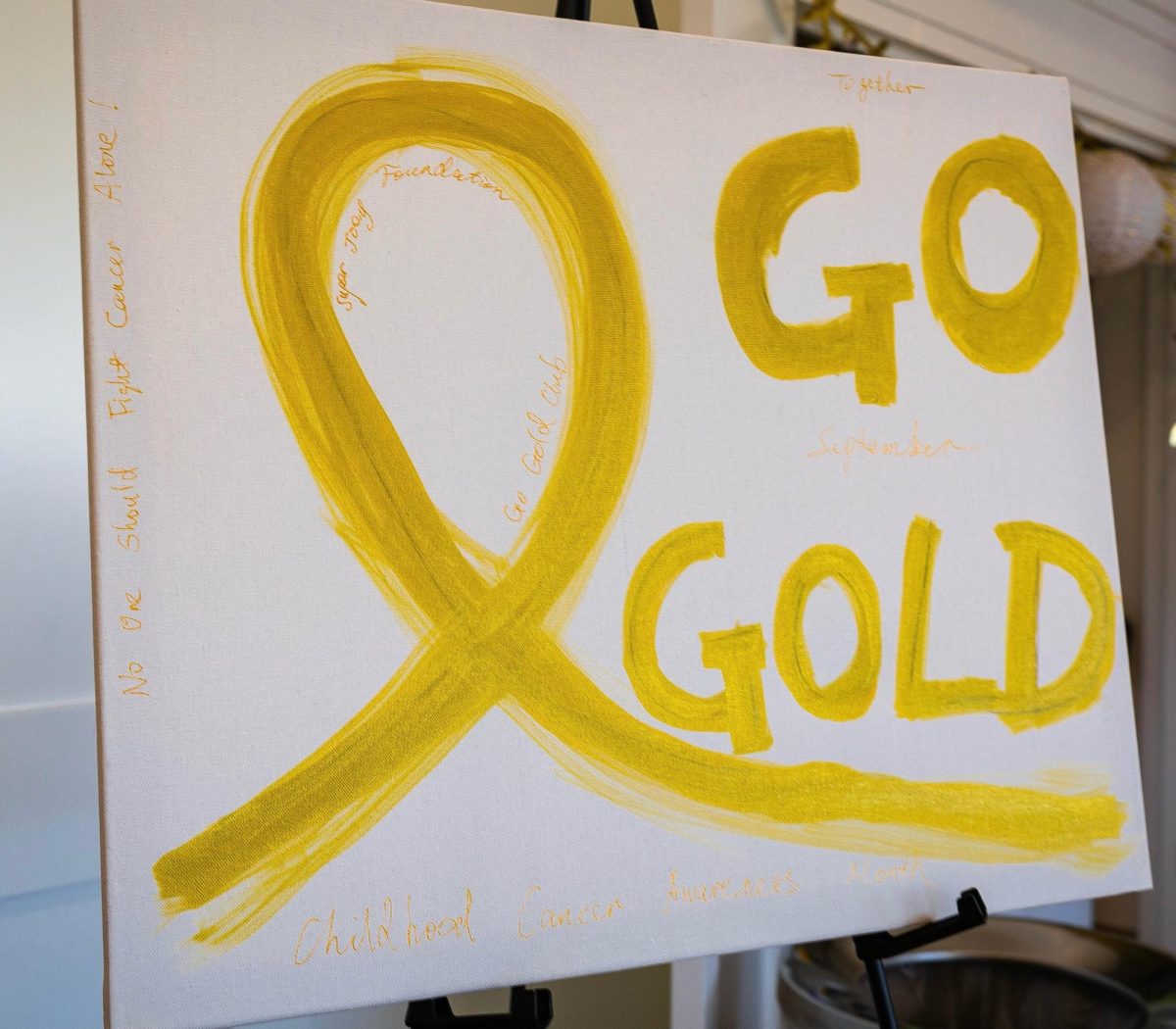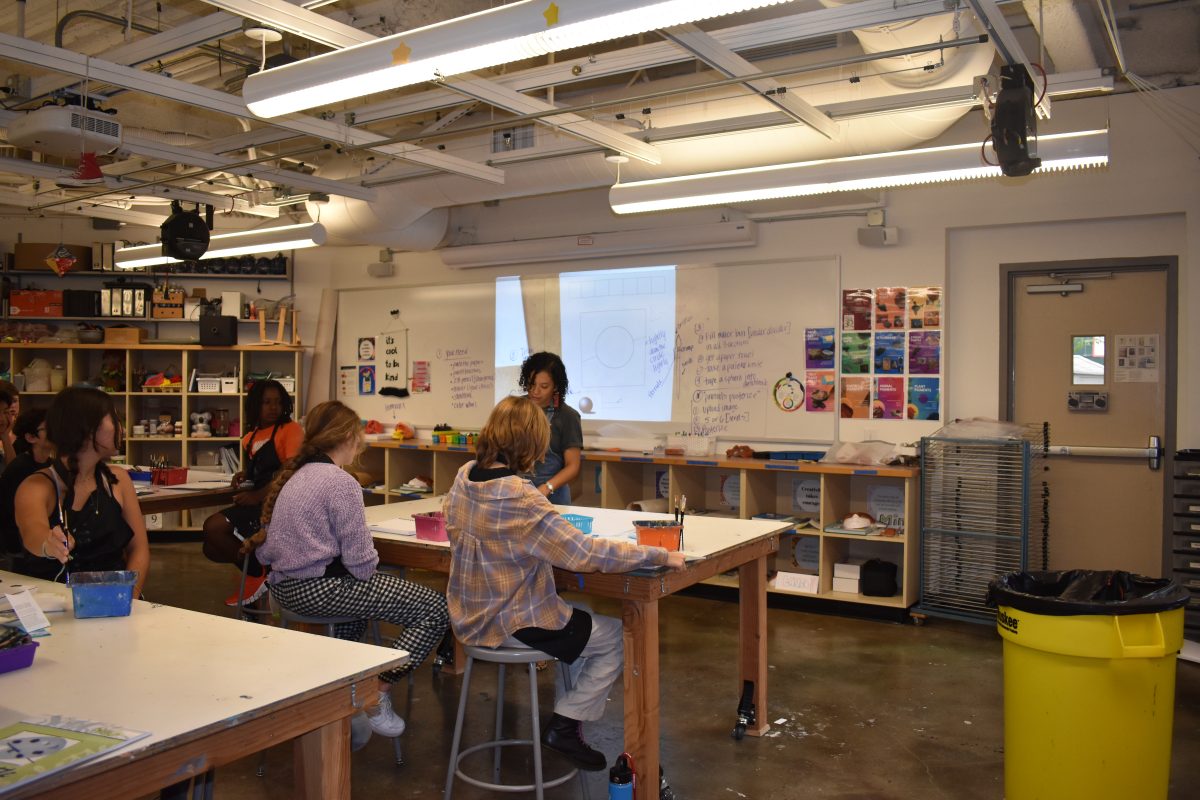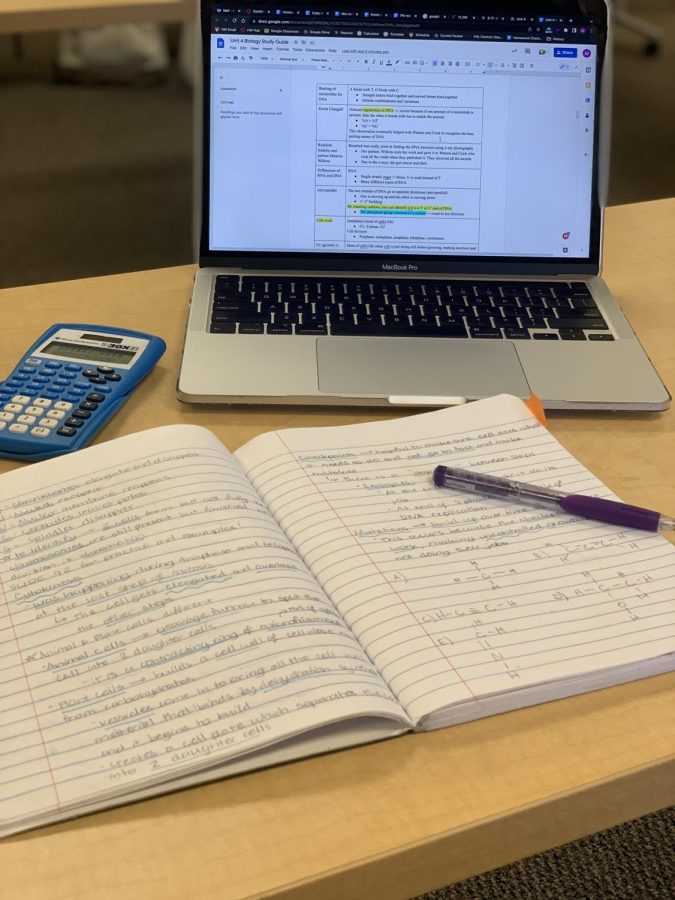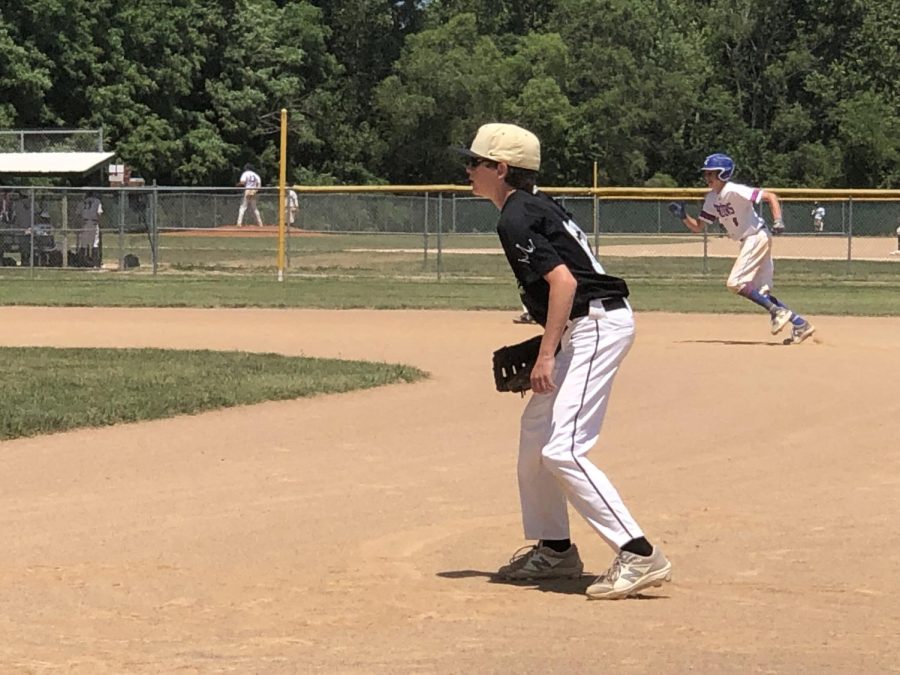If, at a young age, you discovered that you had a particular knack for toasting pop tarts, would you declare that for the rest of your life you will only ever toast pop tarts? Me neither. So why do we have a social norm that requests kids to find a particular thing they must stick with for the rest of their days?
So many students around the world are prompted by adults and colleagues as to what their thing is. We are asked this religiously, as if without that central purpose a young adult would be both lost and doomed. “Are you the soccer kid?” “The drama nerd?” “The debater?” As tempting as it might be to bind oneself into a single assuring category, the majority of teenagers aren’t able to do that. The majority of them aren’t quite sure what lies ahead of them.
These questions may sprout from adults’ desire to be assured about our futures. Maybe it’s just our culture. Maybe these ideas come from your typical teen movie that assigns people so many roles. Or it’s possible we create them ourselves, in an attempt to color in the identity box that hovers empty above so many of our heads. Perhaps it gives us a vision to look forward into, instead of the foggy abyss that comes with not knowing what’s ahead. Either way, spending your childhood as an actual child should be the rule, not the exception.
Although there isn’t a thing wrong with knowing what you want, there also isn’t a thing wrong with not knowing. Searching is how we find things. Opening doors is how we get places. Having a broad education and open mindset is extremely beneficial for young adults because it encourages them to find both their creative and non-passions. Finding your passion might just mean finding your purpose and finding your purpose can lead to loving and enjoying your career in the future, instead of being trapped inside the path you chose before you could drive a car. So be picky about choosing your path, and open your mind to every one of the million possibilities life could lead you to.
Along with the assistance an open mind lends you in finding your passion, liberal arts education can also be helpful career wise. Earning a liberal arts education is earning a broad knowledge of numerous subjects and a diverse sense of the world around you. This concept is becoming increasingly popular in our era. More employers are looking for employees with multiple skill sets than ever before. This is partly in consequence to the reality that both technology jobs and jobs that involve dealing with people are extremely popular and abundant. According to the Data USA website, ⅘ of employers think all youth should gain a broad education in the liberal arts and sciences and 93% say it’s more important for employees to have the ability to think critically, communicate well, and solve complex problems than it is to have that job’s major. A liberal arts education helps foster these exact skills, because learning a variety of subject matters teaches one to be able to deal with unfamiliar and wide-ranging real world matters. So before you worry about filling that massive abyss with one cement sidewalk, consider that you could actually greatly benefit from trying a few different roads, hitting a few potholes, and skimming your knees along the way.
An open childhood and education lend a great benefit in our society today. This modern world is jam-packed with so many controversial issues –social, political, environmental and much more– that starting out with an open mind could end up assisting you with what you’ll have to encounter in the future.
Coming hand in hand with controversy is the constant changing and developing of our world. Following this, the more open your education, childhood, and self, the more you’ll be able to adapt to however the world looks when we grow up. Perhaps cars will float and food will walk into our hands, or it may be that everything stands completely still. There is no way of knowing. Generation Z hopes to be on the forefront of change, and the encouragement of liberal arts and broad mentality will set the stage for the young adults of this world to make this inevitable change happen, rather than be victims of it.
After all, our world is pretty big. Learning broadly and expansively lays out for us an idea of the common good and the notion that we can help that common good. No matter how vast our world may be, there is always room for good and help, and a diverse education teaches us that we can just maybe achieve something bigger than ourselves.
So, next time someone inquires as to what your thing is, ignore them, and try toasting a pumpkin pie pop tart.



